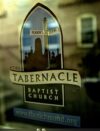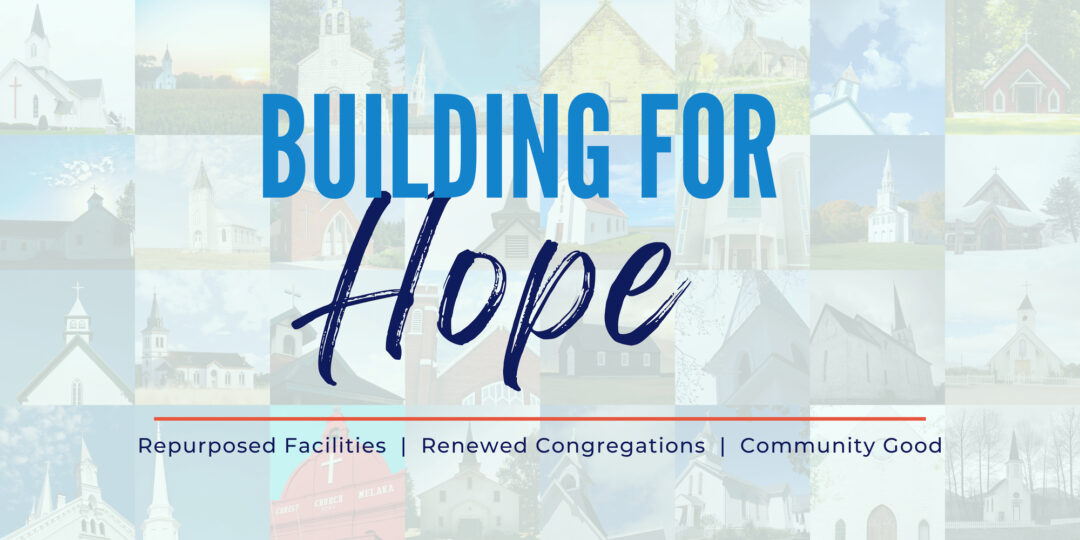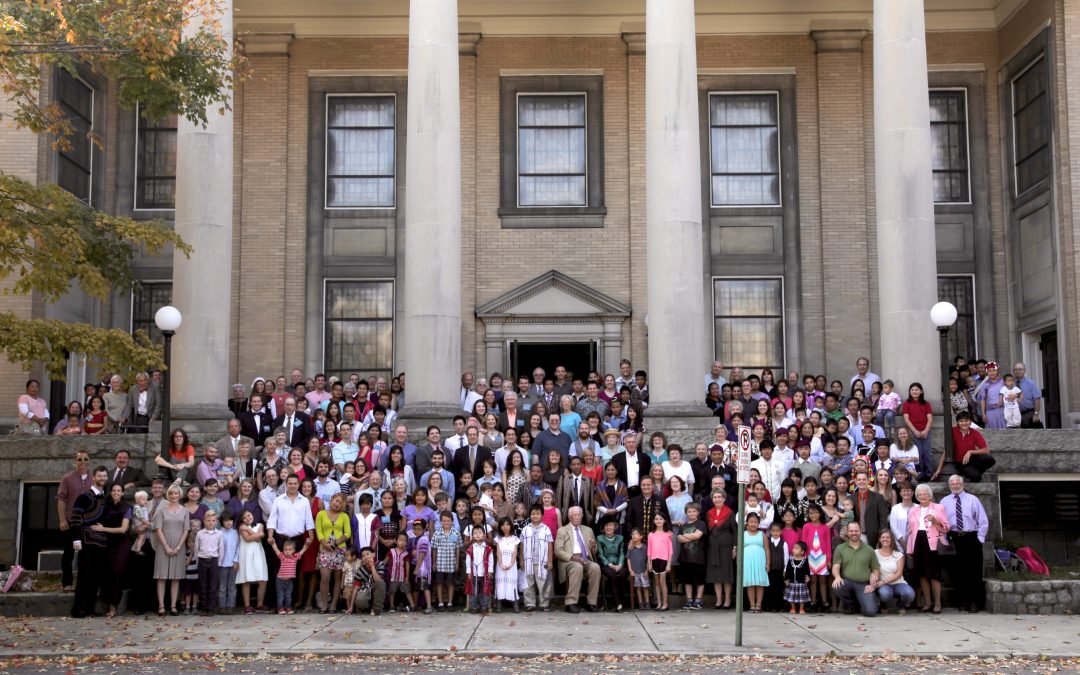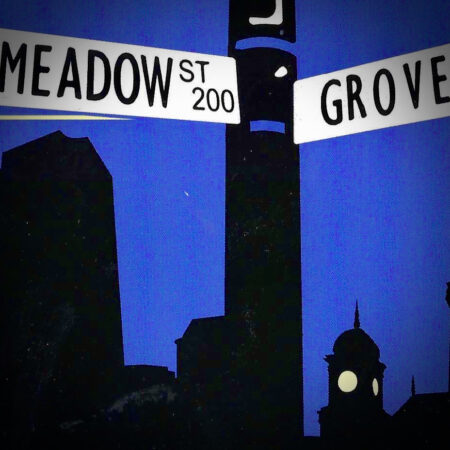Today’s Lenten Reading
March 7, 2025 (Day 3, pages 18–19)
Who Shows Us the Way?
A few years ago, a friend and I were talking about faith—what it means to keep going when so much was unraveling.
His voice got quiet, and he said, “I need elders in my life.”
Something in me opened as he said it—like hearing the faintest notes of a song I’d forgotten. He was naming something I needed, something I longed for.
But what unsettled me most was this: others were looking to me to be an elder.
I was helping usher others through their crisis of identity while in the midst of my own.
Then Came the Wave
The kind that unsettles everything, that pulls you under.
These moments return, stripping away what cannot hold—making space for something deeper.
Failure itself becomes the invitation.
What Holds?
The truth is, anything we build our lives on—self-sufficiency, institutions, even other people—will shift beneath us.
And when it felt like everything was giving way, I wasn’t left with answers.
I was left with silence.
But the silence wasn’t empty.
It held something I had forgotten.
Everyday Saints and Struggling Well
Josh Nadeau writes about heroes—but not in the way we usually think of them.
Not those who have mastered life, but those who have lived it in a way that calls something deeper out of us.
The same is true of how he speaks about saints.
Not distant, untouchable figures, but ordinary people whose lives reveal something holy.
I keep coming back to the idea of struggling well.
Not avoiding hardship. Not numbing it.
But moving through it with faithfulness, with honesty, with an openness to what might be revealed.
This is what elders, sponsors, and everyday saints do.
They don’t hand us easy answers, but they show us what faithfulness looks like in the questions.
And this is why we need them—not just once, but again and again, at every major crossroads.
Sponsors need sponsors.
Elders need elders.
Disciples need disciples.
Lent Isn’t About Rushing to Transformation
It’s about what happens when the running stops.
It’s about sitting in the silence long enough to realize we are not alone.
It’s about noticing what is real—not forcing change, but allowing something to surface.
It’s about learning not to escape Sheol, but to listen there.
What’s Crumbling—And What’s Being Renewed?
The structures that once upheld the church’s power have crumbled.
And whereas it doesn’t feel very good, that doesn’t mean it isn’t.
The houses of faith we’ve built are crumbling because that’s what happens when we build on what cannot hold.
When we build on power instead of presence, on status instead of faithfulness.
But Jesus builds the church. We make disciples.
And in place of what has fallen, a familiar way is being renewed—one that can withstand the weight of love, truth, and grace (Matthew 7:24-27).
And we don’t find our way alone.
The People Who Show Us the Way
The voices of elders—both living and gone—help lay the foundation.
Cecil and Charlotte are just two among a long line of the great cloud of witnesses, guiding me in ways they’ll never know.
I think of Boyle, Nouwen, Palmer, Brooks, Buechner, Colbert, Lamott, Brown-Taylor, McLaren, Rohr, Friedman, Kaur, Thurman, Willard, Weller, and so many others—voices I encounter in books, in podcasts, in stories passed down. Their wisdom steadies me.
But more than anything, we need people we make eye contact with, people we walk alongside. In their eyes, we see recognition—the quiet knowing of someone who has been here before. We see steadiness, not because they have all the answers, but because they’ve learned they don’t need them.
We see grace. We see the way forward.
And the pattern continues.
Sponsors need sponsors.
Elders need elders.
Disciples need disciples.
Those who guide us are also being guided.
Those who pour into us are also being poured into.
This is the way wisdom moves, the way faith is formed—not in isolation, but in relationship.
We need those we can trust—who remind us, again and again, that grace is real.
Who are the voices shaping you?
A Question for Reflection
Who are the voices shaping you?
Who are the everyday saints pointing you toward life?
Lent is a season of remembering. A season of learning how to let go, how to be held, how to be raised into something new.
It is not a season of escape, but of transformation.
And somewhere along the way, in the silence, in the stillness, in the presence of those who have walked before me and those who walk alongside me now—
I rediscovered my faith in Jesus.
Maybe we don’t need all the answers.
Maybe we just need to pay attention to those who are showing us the way.
__________________________________________________________
This Reflection is Part of a Lenten Journey
This Lent, we’re making space for something deeper—reading Room for Good Things to Run Wild by Josh Nadeau.
No book club, no meetings—just a daily invitation to reflect, in whatever way feels right for you.
You can keep your reflections private, or if you feel compelled to share, there will be a few simple ways to do so online.
Learn more, access the reading calendar, and join the journey here:
https://www.tbcrichmond.org/an-invitation-to-reflect-a-lenten-journey-together/
Information about the book and author of Room for Good Things to Run Wild:
https://a.co/d/45D382Y
#Lent2025 #LentenJourney #EverydaySaints #StrugglingWell









